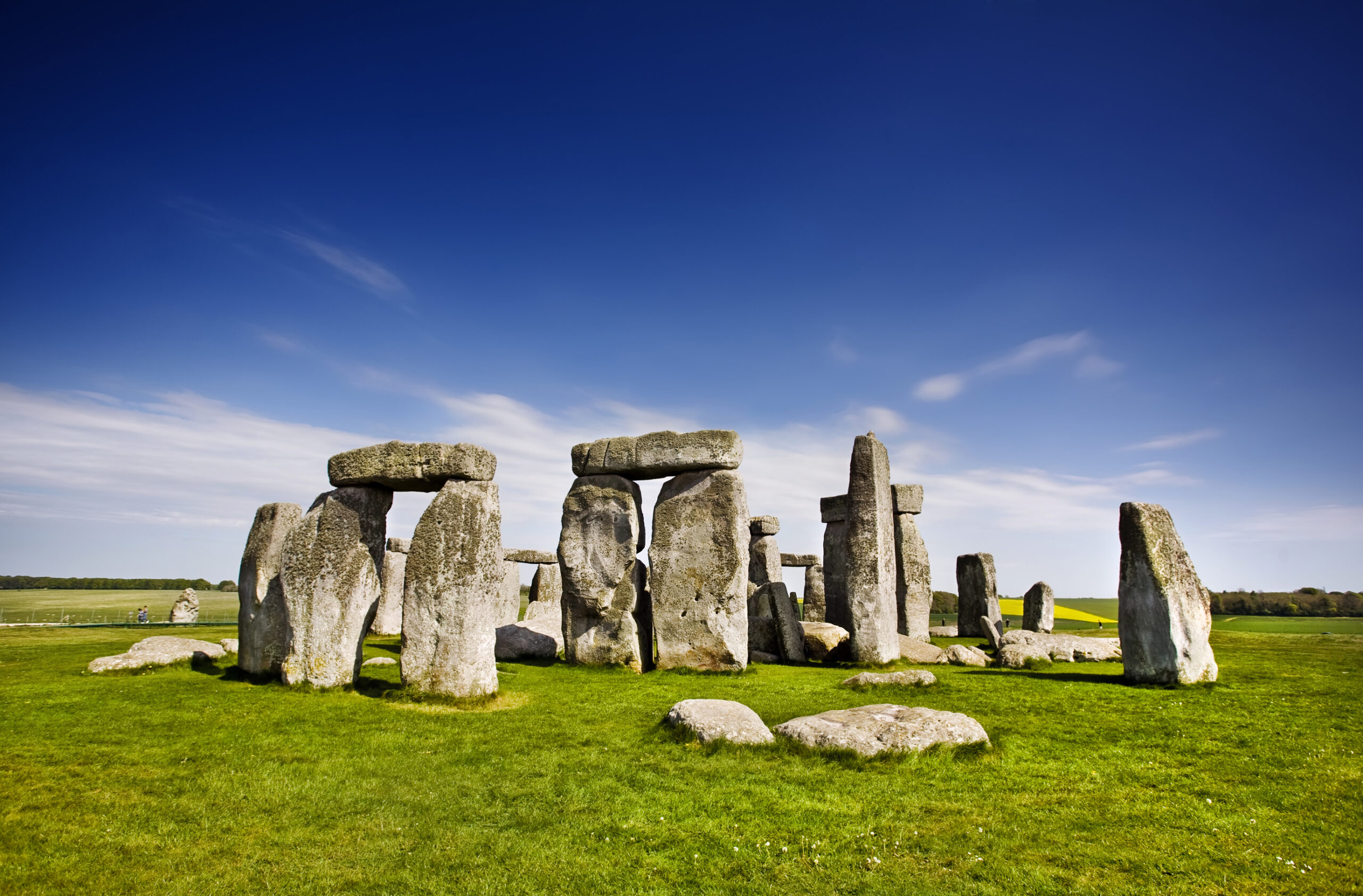College Education, Life on Campus
From Lecture Halls to Stonehenge: Enriching Your History Studies with Real-World Exploration
Jennifer Dawson

“Experience, travel—these are as education in themselves,” stated 5th-century Greek playwright, Euripides and his words are as relevant today as they were thousands of years ago. The idea of ‘travel as education’ began booming in the 16th century, when the upper classes began seeing leisure touring as a means of learning. At this time, well-to-do families from countries like England, France, Poland, and Italy sent their sons abroad to hone their theoretical knowledge. In the 18th century, the idea of a ‘Grand Tour’ comprising some of the most famous historical sites (in Northern Europe and Italy, especially) began holding sway. The aim was to behold key sites and artistic and architectural wonders from classic times and the Renaissance. It was also to gain crucial linguistic, social and political skills that would be useful to future rulers.
Historical Travel Expands
The 19th century saw a larger market take to the seas, with wealthy young women and older professional men going on shorter continental tours. Today, travel is much more egalitarian and widespread, but when it comes to historical travel, the idea of being face-to-face with history is still very much a driving force. Unlike the case in earlier centuries, today, educational travel does not always involve overseas (or on the seas) travel. For instance, it is typical for British historiographers to visit UK sites in cities like Edinburgh and Glasgow (in Scotland), Liverpool and Manchester (in the North of England), and London and the South. While members of the general population often choose sites like Liverpool owing to its association with bands like The Beatles, those with a penchant for history are attracted by sites such as the Western Approaches Museum and the former WWII bunker complex. The latter is home to underground telecommunications and mapping rooms… Manchester, meanwhile, contains gems such as Dunham Massey—a 17th-century country house that is one of the finest exponents of Georgian architecture.
From the Word of Historiographers
The excellent blog The Question, written by West Virginia University academics, seeks to answer sometimes difficult questions, and one of the questions they have addressed with great eloquence, is the reason why students of history can benefit from travel. Rather than providing one answer, different historiographers were called upon to answer this question and the results were varied and riveting. Historian Luke Gramith, for instance, wrote of the big impact that visiting the Italian port city of Triste had had on him. Upon viewing the city from the summit of a hill, he realized the extent to which he needed to account for the importance of space in understanding people’s past actions. The places where people live can inspire a host of emotions that give rise to specific behaviors such as seeking political change or honing one’s national identity. He expresses that some historians write as though space is irrelevant when in fact, “people act within particular spaces, not irrespective of them.”
Examining Materials in the Flesh
Not all information that historians need is online. Europe and other continents are filled with archives and libraries that historians often need to consult in person for their theses and other key documents. It also leads to the discovery of new documents whose existence students may not have been aware of. Part of the study of history involves utilizing one’s imagination to ask new questions and find documents and artifacts that help answer these questions… and both imagination and evidence are much easier to come by when you are in the locations you are studying.
Passing the Knowledge
Travel is additionally a key way of sharing one’s research findings, telling the story of a particular place and its people, and discussing ideas with other historians. Academics frequently attend conferences, workshops, and discussions about their subjects of interest, and often, these events occur interstate or abroad. These discussions often spark new project and thesis ideas or lead to further travel in search of answers. As such, travel is a way for academics not only to learn but also to share the findings they have made.
Contemporary historians prioritize travel as part of their education, much as scholars from past centuries used to. Travel is a way to discover an area’s spatial characteristics and to understand its people’s motivation to a deeper extent. It also enables historians to access key materials and to share their findings with other academics.
SEE ALSO: Beyond the Books: The Practical Benefits of Property Schools for College















